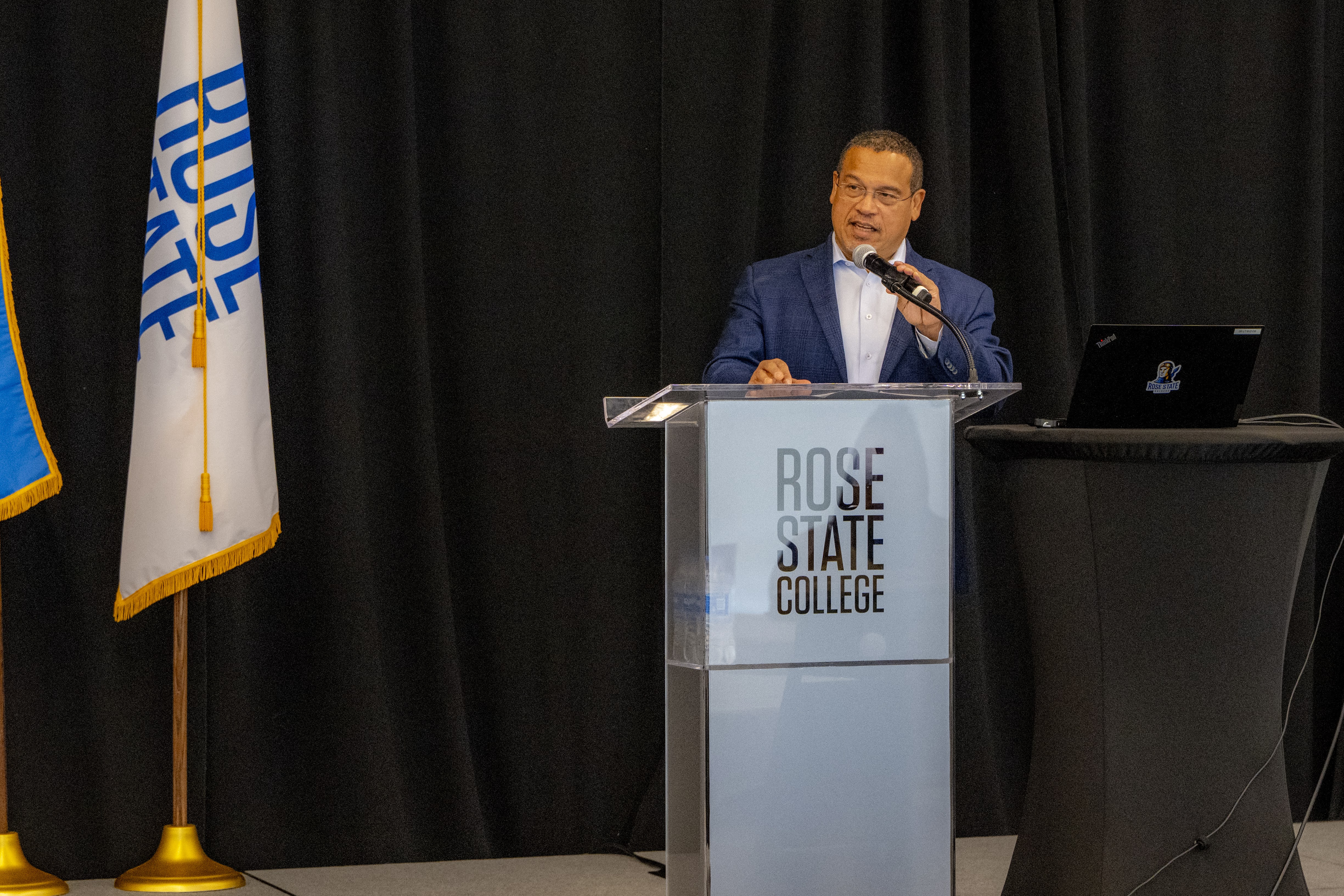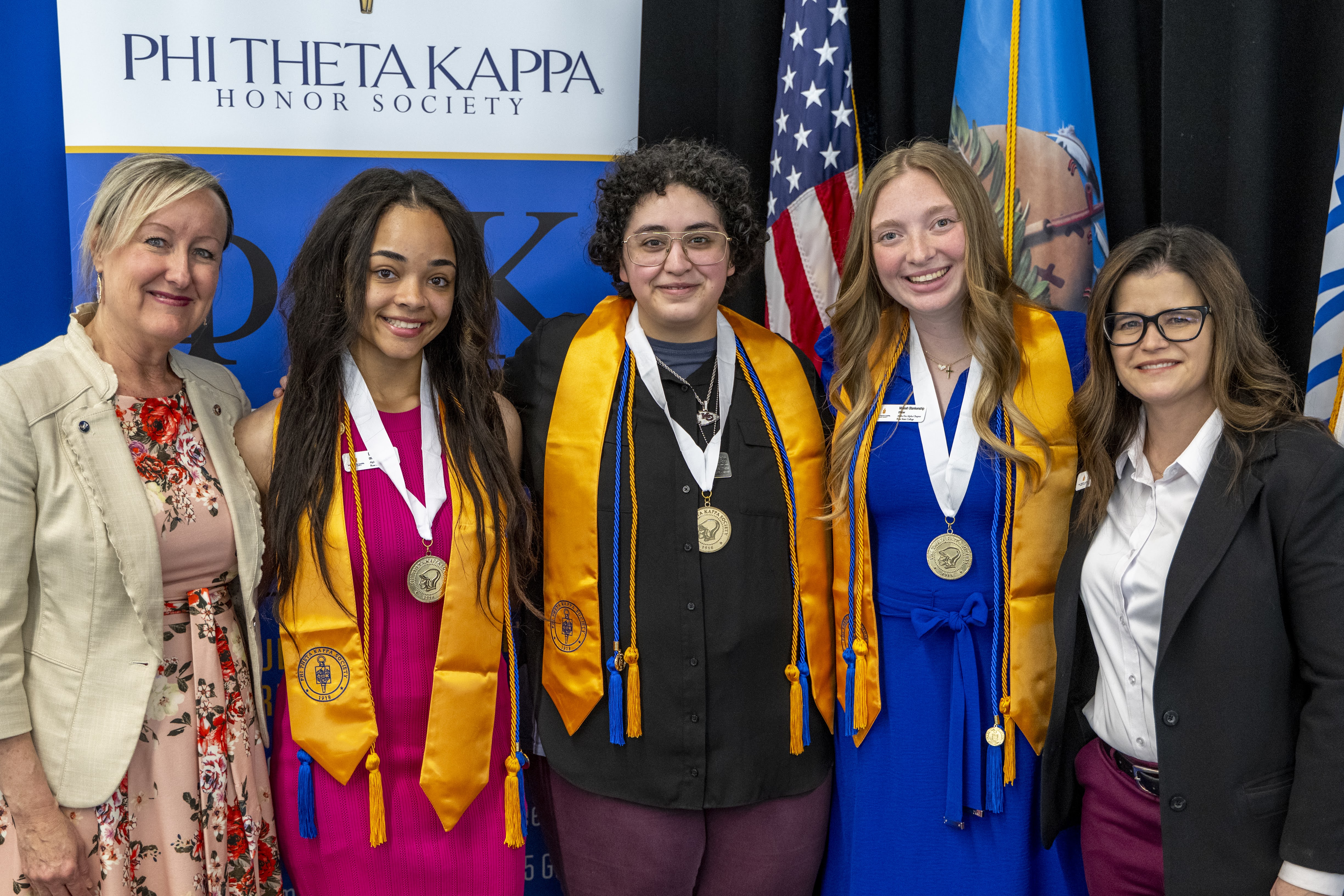General Education Outcomes - The general education requirements consist of designated courses which, as a total group, focus on emotional, intellectual, physical, and social aspects of learning and development. These courses are intended to provide a base from which a student may function efficiently in a contemporary, multi-cultural environment. Faculty at Rose State College have adopted core proficiencies of the general education curriculum which they have designated as critical to the success of the student.
One General Education Outcome is assessed each academic year during the spring semester. Instruments developed by the College Assessment Committee are distributed to the RSC student population to allow for uniform evaluation of student responses and to provide reliable data. Faculty use this data to revise practices or procedures as appropriate in response to the assessment results.
Outcome 1: Effective Written Communication
Outcome 1: Effective Written Communication includes the ability to compose a quality written document on a collegiate level. This includes the following characteristics:
- Development of a Central Idea
- Diction
- Organization
- Support
- Sentence Structure
- Grammar and Mechanics
Outcome 2: Quantitative Reasoning
Outcome 2: Quantitative Reasoning refers to the ability to analyze information when presented either numerically, or in formulas, graphs, or tables, and to critically evaluate and interpret that information for solving problems, making predictions, or drawing conclusions.
Students who demonstrate quantitative reasoning skills will be able to:
- Identify relevant mathematical information, and select appropriate methods to answer questions of a numerical nature.
- Express and/or evaluate quantitative relationships using graphs, charts, or formulas.
- Evaluate representations and inferences that are based on quantitative information, and recognize questionable values or assertions.
Outcome 3: Diversity Awareness
Outcome 3: Diversity Awareness is a mindset characterized by one’s willingness to work toward a climate of mutual respect and acceptance of individual differences that include race, culture, ethnicity, gender, sexual orientation, socioeconomic status, age, physical and cognitive abilities, spiritual beliefs, political beliefs, and other ideologies.
Objectives:
- Evaluate the effect that Rose State College’s classes, events, workshops, and programs have had in heightening awareness, knowledge, or appreciation of people who represent a different race, ethnicity, gender, sexual orientation, physical or cognitive ability, spiritual belief, or political belief or ideology.
- Recognize one’s own comfort level when relating to people of various backgrounds and identify resources on campus that might help to raise that comfort level.
- Determine how students’ differences affect their relationships with others at Rose State College.
- Promote an inclusive, open-minded culture that embraces diversity.
- Practice respect for people with qualities and experiences different from one’s own.
- Appraise the value of working cooperatively with people from various backgrounds and life experiences.
- Analyze one’s own perception of discrimination on campus, in the local community, and on the national level.



